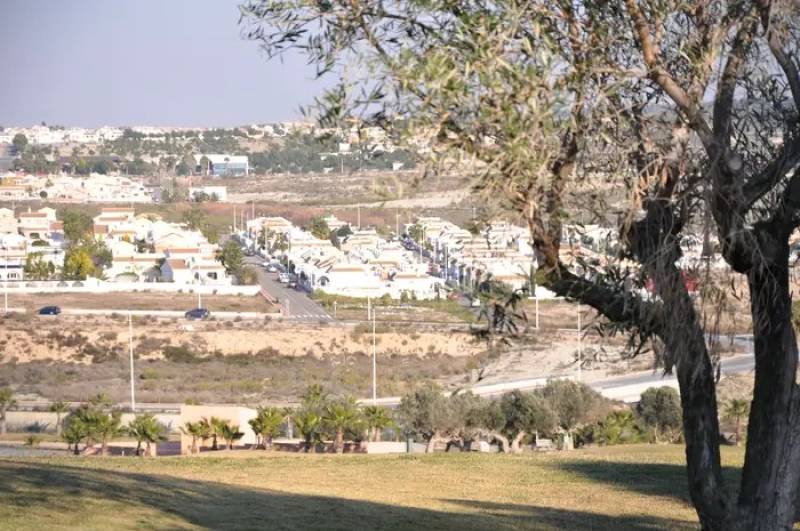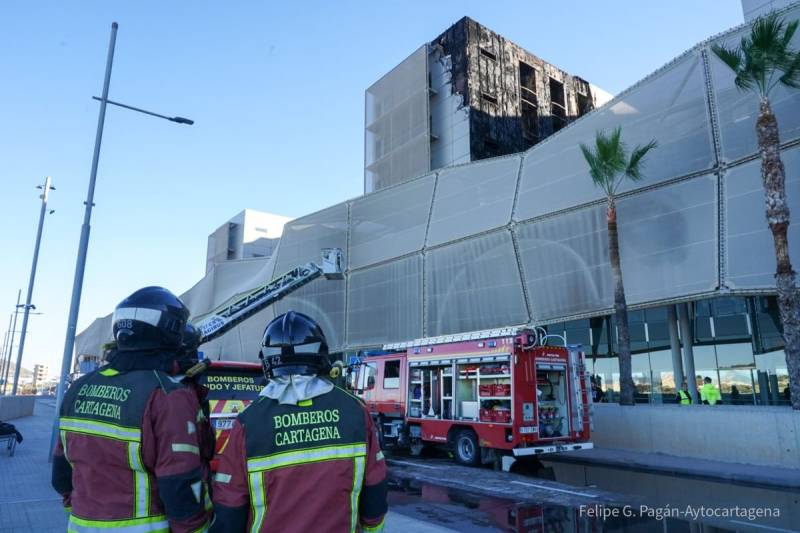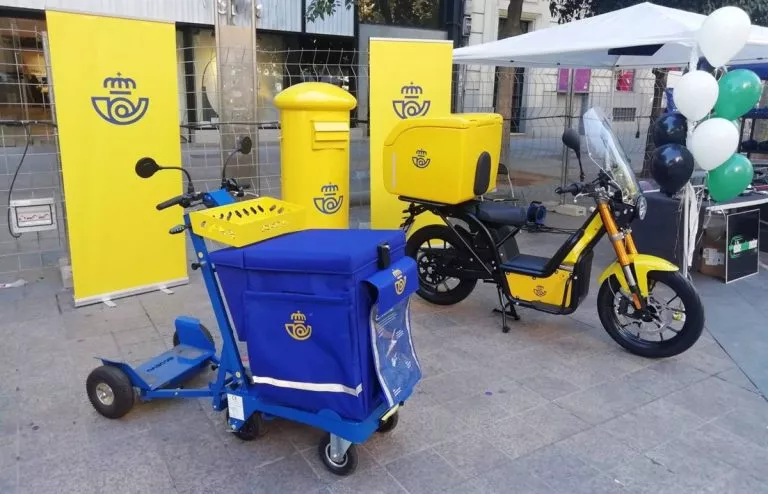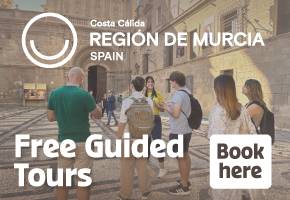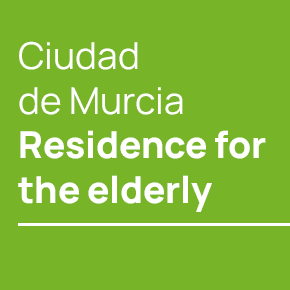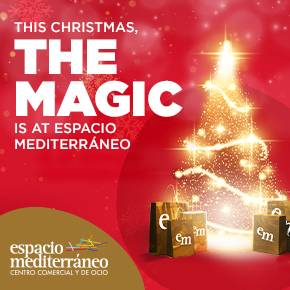

- EDITIONS:
 Spanish News Today
Spanish News Today
 Murcia Today
Murcia Today
 Alicante Today
Alicante Today
Date Published: 31/10/2025
Life-changing exoskeleton coming to Virgen de la Arrixaca Hospital for children with mobility problems
Murcia’s cutting-edge technology is designed to help children with cerebral palsy and other movement disorders
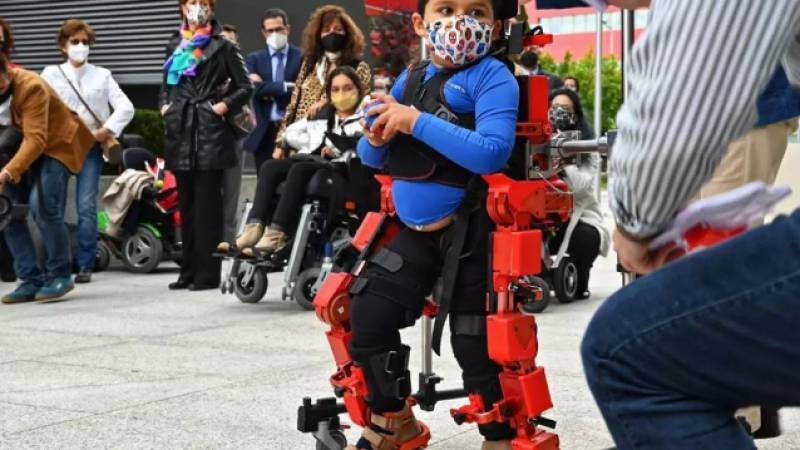
The Physical Medicine and Rehabilitation service at Virgen de la Arrixaca Hospital will soon be using a paediatric exoskeleton to help children with motor disabilities improve their mobility.
The Murcian Health Service is acquiring the device with funding from the NextGeneration European programme and just over €271,000 will be allocated to make it possible.
The exoskeleton is the Atlas 2030 model, developed by the Spanish company Marsi-Bionics with researchers from the Polytechnic University of Madrid and the Higher Council for Scientific Research.
The device has already made a huge difference in the lives of children like Minerva, a young girl with cerebral palsy who saw remarkable improvements after using the exoskeleton in 32 sessions.
Her mother Roli Aras said it had been a "radical change" and a "dream come true" for her daughter, giving her much more independence and happiness.
Atlas 2030 devices were first marketed in 2021 and introduced at the Nipace Foundation in Guadalajara, which works with children with cerebral palsy. The exoskeleton has sensors that detect a child’s intention to move and provides support through eight active joints. It adapts to the child’s body in a completely non-invasive way and is adjustable as children grow, so it can be used with a wide range of ages.
At Virgen de la Arrixaca, the exoskeleton will be used as part of rehabilitation therapies as well as daily life activities. The hospital management says the device helps children expand and maintain joint movement, improve muscle tone and strength, enhance respiratory function and perform basic everyday activities.
It can also delay musculoskeletal problems, reduce spasticity and boost self-esteem by giving children a real sense of independence.
Exoskeletons are already being used in Murcia to improve mobility for adults with motor disabilities. For example, the Murcia Association of Multiple Sclerosis bought one in 2021 to help patients recover from partial or total paralysis of the lower limbs.
Now, with the Atlas 2030 designed specifically for children, the hospital hopes to bring the same benefits to younger patients.
The device guarantees safety while giving children the feeling that they are walking on their own. For families like Minerva’s, who have already experienced its impact, the arrival of the exoskeleton at the hospital is a chance to help many more children gain mobility, independence and confidence in their daily lives.
Image: CSIC
staff.inc.and
Loading
Sign up for the Spanish News Today Editors Roundup Weekly Bulletin and get an email with all the week’s news straight to your inbox
Special offer: Subscribe now for 25% off (36.95 euros for 48 Bulletins)
OR
you can sign up to our FREE weekly roundup!
Read some of our recent bulletins:
Discount Special Offer subscription:
36.95€ for 48 Editor’s Weekly News Roundup bulletins!
Please CLICK THE BUTTON to subscribe.
(List price 3 months 12 Bulletins)
Read more stories from around Spain:
Contact Murcia Today: Editorial 000 000 000 /
Office 000 000 000













